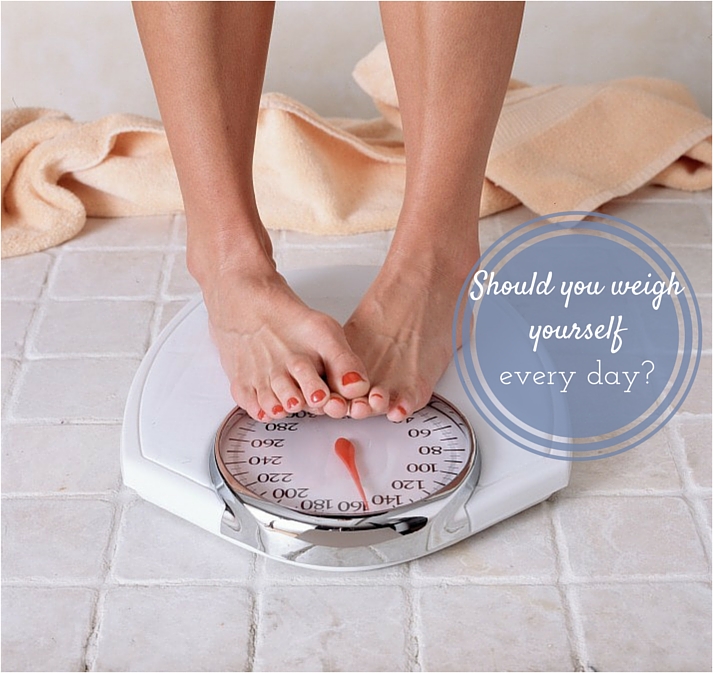If you’re trying to reach a healthier weight, among the important factors to consider is how to track your progress.
How often should you weigh yourself? And how?
The important thing is to be consistent, said Karah Stanley, a St. Elizabeth outpatient dietitian. Whether you prefer weighing yourself daily or weekly, try to do it at the same time of day and under the same conditions each time.
“Some people need to know every bit of information as soon as they can get it,” Stanley said. “Sometimes those people like to weigh themselves daily. But if you’ve been good and it’s more motivating for you to wait, then that’s better for you.”
Advocates of daily weight monitoring say faster feedback can mean better results.
A study published this year by the Journal of the Academy of Nutrition and Dietetics found that a group of overweight adults weighing in daily lost an average of 20 pounds over six months, nearly three times more than a group weighing themselves at their discretion.
On the other hand, daily weigh-ins include fluctuations, such as water retention, which are not always tied to your eating. And if the immediate feedback isn’t good news, that can be discouraging to the average dieter.
Fitness guru Jillian Michaels advocates weekly weigh-ins, again under controlled circumstances (time of day, type of clothing, same scale). “Weighing yourself just once a week will give you a more accurate read ““ you’ll allow time for the scale to actually show weight loss,” Michaels wrote on her web site.
Stanley said it’s helpful to extend that theme of consistency beyond weigh-ins to the habits those weigh-ins help measure. Meal-planning and food journals are two habits she highly recommends.
Sitting down to plan your meals before you shop helps you stay on a healthier course and avoid impulse purchases like take-out meals. And keeping a daily food journal keeps you accountable and helps you make adjustments as needed. If you ate a little more than you intended to at lunch, record it and make sure dinner is healthy and portion-controlled. Personal fitness trackers like the Fitbit can help you keep a food journal as part of your overall regimen, Stanley said.
“You can see your weekly calories, your current weight and what your goals are” all in one place, Stanley said.

